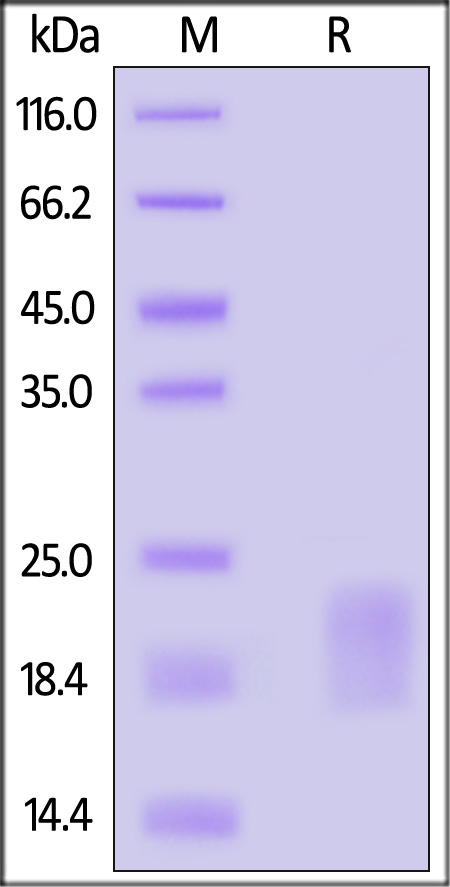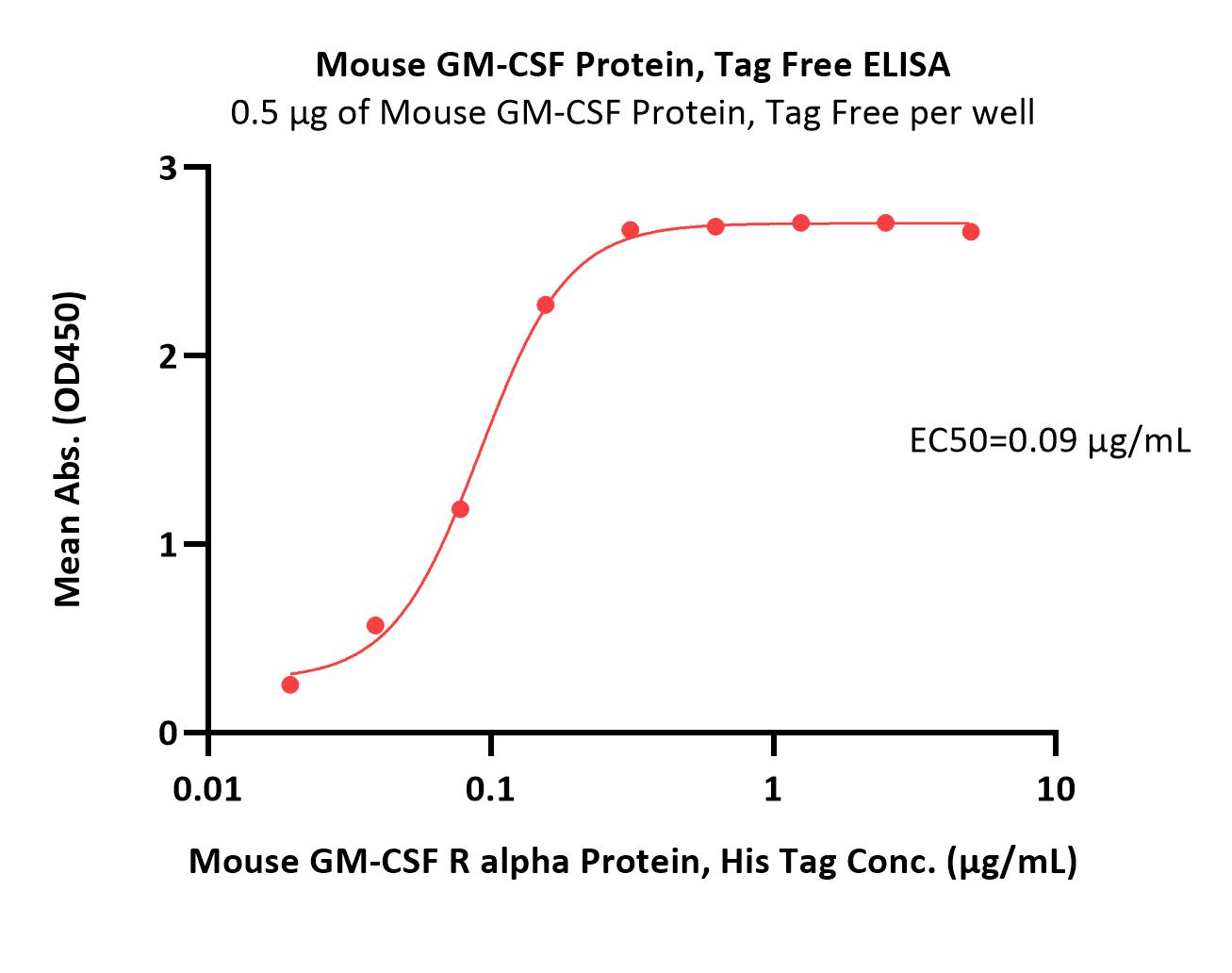Phenotypic and functional dysregulations of CD8 + T Cells in myasthenia gravisLiu, Zhang, Zhai
et alClin Exp Med (2025) 25 (1), 96
Abstract: Myasthenia Gravis (MG) is a heterogeneous autoimmune disorder characterized by fluctuating muscle weakness caused by autoantibodies targeting neuromuscular junction components. While the role of CD4 + T cells in MG is well established, the contribution of CD8 + T cells remains poorly understood. In this study, we analyze CD8 + T cells in 36 MG patients and 38 age- and gender-matched controls using flow cytometry to evaluate subset distribution, granzyme expression, and cytokine production. MG patients exhibit an altered CD4 + /CD8 + T cell ratio and significant changes in CD8 + T cell subsets, including increased central memory CD8 + T cell (Tcm) proportions and decreased effector memory CD8 + T cell (Tem) proportions. Granzyme B expression in Tcm cells is significantly elevated in MG patients, whereas no significant changes are observed in other subsets or GZMK expression. Cytokine analysis reveals increased IL-21, GM-CSF, and IL-17A production by CD8 + T cells in MG patients. These phenotypic and functional alterations of CD8 + T cells persist during the acute phase of the disease, regardless of immunotherapy usage, and vary between ocular and generalized MG. Subgroup and correlation analyses further identify age-dependent and age-independent dysregulations of CD8 + T cells, indicating complex and subtype-specific roles of CD8 + T cells in the immunopathological processes underlying MG. Our findings provide novel insights into the involvement of CD8 + T cells in MG pathogenesis, laying a foundation for future research and potential therapeutic strategies targeting CD8 + T cells.© 2025. The Author(s).
The immune checkpoint pathophysiology of depression and chronic fatigue syndrome due to preeclampsia: focus on sCD80 and sCTLA-4Omar, Albarzinji, Niu
et alActa Neuropsychiatr (2025)
Abstract: Neuropsychiatric disorders in preeclampsia (PE) women are prevalent and worsen PE outcome. Immune-related biomarkers including soluble sCD80 and cytotoxic T-lymphocyte antigen-4 (sCTLA-4) are not well studied in relation to depression, anxiety, and chronic fatigue due to PE.The aim is to study serum immune-inflammatory biomarkers of PE and delineate their associations with the Hamilton Depression (HAMD), Anxiety (HAMA), and Fibro-Fatigue (FF) rating Scale scores. sCD80, sCTLA-4, vitamin D, granulocyte-macrophage colony-stimulating factor, zinc, copper, magnesium, and calcium were measured in 90 PE compared with 60 non-PE pregnant women.PE women show higher depression, anxiety and FF rating scale scores as compared with control women. sCTLA-4, sCD80, and copper were significantly higher and zinc, magnesium, and calcium significantly lower in PE women than in controls. Multiple regression analysis showed that around 55.8%-58.0% of the variance in the HAMD, HAMA and FF scores was explained by the regression on biomarkers; the top 3 most important biomarkers were sCTLA-4, sCD80, and vitamin D. The sCTLA-4/sCD80 ratio was significantly and inversely associated with the HAMD/HAMA/FF scores. We found that around 70% of the variance in systolic blood pressure could be explained by sCTLA-4, vitamin D, calcium, and copper.The findings underscore that PE and depression, anxiety, and chronic fatigue symptoms due to PE are accompanied by activation of the immune-inflammatory response system. More specifically, disbalances among soluble checkpoint molecules seem to be involved in the pathophysiology of hypertension and neuropsychiatric symptoms due to PE.
One-month silicone oil tamponade can decrease intraocular complications via reducing the recruitment and activation of leukocytes in Patients with Rhegmatogenous Retinal DetachmentJiang, Wu, Liu
et alOphthalmic Res (2025)
Abstract: To compare the effects of one-month versus routine-duration silicone oil (SO) tamponade on intraocular inflammatory cytokine levels and clinical outcomes in patients undergoing vitrectomy for rhegmatogenous retinal detachment.A prospective study from May 2019 to March 2022 divided patients undergoing vitrectomy into Routine and Early groups. Aqueous humor was sampled before SO removal to measure cytokine levels, including granulocyte-macrophage colony-stimulating factor (GM-CSF), interferon(IFN)-γ, interleukin (IL)-4, IL-8, IL-10, IL-13, IL-17, macrophage inflammatory protein (MIP)-1α, tumor necrosis factor (TNF)-α and IL-1α. Clinical outcomes such as SO emulsification, cataract formation, recurrent retinal detachment, corneal endothelial cell (CEC) density, and intraocular pressure were assessed. Statistical analyses were performed to evaluate differences and correlations between cytokine levels and clinical characteristics.The study analyzed 48 eyes, with 28 in the Routine group and 20 in the Early group. The Early group had significantly lower IL-8 and TNF-α levels (p=0.006 and p=0.013) and reduced SO emulsification (p=0.01). A significant trend towards fewer cataract cases and higher CEC density was observed in the Early group (p=0.019 and p=0.015). IL-8 and TNF-α levels showed positive correlations with IL-10, MIP-1α.One-month SO tamponade significantly reduces intraocular inflammatory cytokine levels and associated complications by decreasing the recruitment and activation of leukocytes. These findings suggest that shorter SO placement durations can effectively minimize inflammation-related complications while maintaining therapeutic efficacy. Future research should focus on optimizing SO tamponade protocols and exploring the underlying mechanisms of inflammation and emulsification to enhance the safety and efficacy of vitreoretinal surgeries.The Author(s). Published by S. Karger AG, Basel.
Phenotypic alterations in peripheral blood B Lymphocytes of patients with Alzheimer's DiseaseWang, Wang, Zeng
et alJ Prev Alzheimers Dis (2025)
Abstract: Dysfunction of humoral immunity has been implicated in the pathogenesis of Alzheimer's disease (AD). The distribution of B lymphocyte subsets and their clinical relevance in AD remain unclear.In this study, we aimed to investigate the distribution of peripheral blood B lymphocyte subsets and their relevance with cognition and biomarkers in AD.We evaluated the immunophenotype of peripheral B lymphocytes in 27 AD patients confirmed by PET-Amyloid scan and 32 cognitively normal controls.The phenotype of B lymphocytes is altered in AD patients. AD patients exhibit a decrease in both the numbers and proportions of switched memory (SwM) B cells and double-negative (DN) B cells. The proportion of unswitched memory (USwM) B cells was increased after in vitro stimulation. Additionally, B cells that produce proinflammatory cytokines including GM-CSF, IFN-γ, and TNF-α are increased, while those that produce the anti-inflammatory cytokine IL-10 are decreased in AD patients after in vitro stimulation. These alterations in B cell populations were linked to cognitive functions and biomarkers, including Aβ42/40 and pTau181, in AD patients.This study reveals an altered B-lymphocyte phenotype in AD patients, marked by functional and compositional dysregulation. Further research incorporating mechanistic, longitudinal, and functional studies is needed to determine whether these immune perturbations directly contribute to AD pathogenesis or arise as secondary effects of neurodegeneration.Copyright © 2025 The Author(s). Published by Elsevier Masson SAS.. All rights reserved.



 +添加评论
+添加评论






















































 膜杰作
膜杰作 Star Staining
Star Staining
















